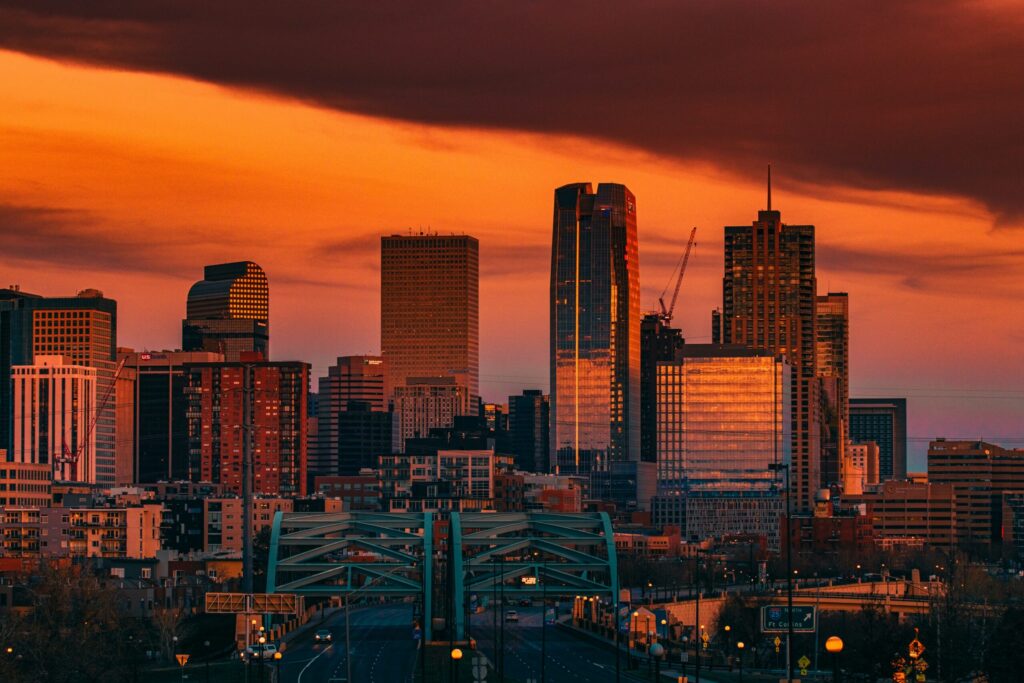Metro Denver apartment rents fall

THE ASSOCIATED PRESS FILE
Renters got some good news from the Apartment Association of Metro Denver’s fourth quarter report, which shows rents went down and the vacancy rate went up.
The average rent stood at $1,708.67, down 1% from the third quarter average of $1,726.36 per month. The area’s vacancy rate, meanwhile, increased from 3.8% to 4.3% last quarter, with 22 of 23 metro Denver neighborhoods experiencing an increase in vacancy. Despite the slight increase, the report’s authors noted that vacancy rates in metro Denver remain “historically low, down 25.86% year-over-year.”
Metro Moves: High-rise apartments for Jefferson Park
The report covers the entire metro area and is based on a survey of 129,411 apartments. There are 382,321 rental units in metro Denver.
“This quarter’s declining rent rates indicate that metro Denver’s apartment market is returning to its pre-pandemic stability,” Drew Hamrick, senior vice president of government affairs for the Colorado Apartment Association, said in a news release. “For months, housing providers were prohibited from increasing rent on leased apartments. Rental units’ value was artificially deflated, and over the last several months, rent rates have accelerated back to meet market demand. As government interference in our industry wanes, the market corrects and rent rates stabilize, as we observed during Q4.”
Builders delivered 6,282 new apartments in the fourth quarter, topping the year with 12,036 new units. That’s the most new apartments delivered since 2018. The report shows renters snapped up 19,353 apartments in 2021, up considerably from the 8,195 units “absorbed.” Absorption is the net change in the number of apartments rented between two time periods, 2021 compared to 2020, the report states.
Denver rents up, again; vacancies historically low
“The key to housing affordability is housing supply,” said Hamrick. “As we emerge from the pandemic, demand for rental housing is going to increase rapidly — especially in metro Denver. To keep rent affordable, our lawmakers have to create incentives for developers and support the construction of new housing in 2022.”
The report’s authors noted that “several unnatural forces impacted the rental housing market during Q4 2021.”
Denver breaks ground on 49 supportive housing units for homeless residents
Those forces included high inflation growth, increasing consumer prices, the labor shortage and supply chain issues.
“The United States’ ongoing labor shortage and supply chain interruptions also increased the costs of construction, maintenance and custodial services — an additional cost burden on Colorado’s rental housing providers,” according to the report.











